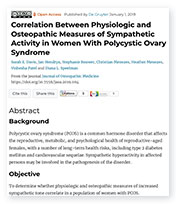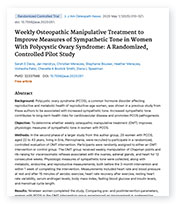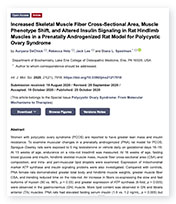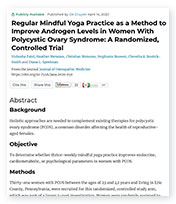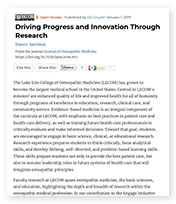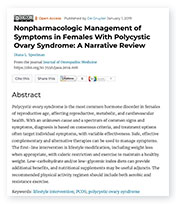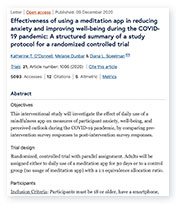
Diana Speelman, Ph.D.
About Diana Speelman, Ph.D.

Dr. Diana Speelman is the Director for Research for the College of Medicine at LECOM. She is an Associate Professor of Biochemistry and Medical Genetics at LECOM-Erie, where she teaches and conducts research with Osteopathic Medical Students and Master of Science Students. She earned her Ph.D. in Medical Biochemistry from the University of Maryland, Baltimore and her B.Sc. in Biochemistry and Molecular Biology from the University of Maryland, Baltimore County. She completed an internship at SmithKline Beecham in Reproductive Molecular Toxicology and postdoctoral training at the University of Maryland School of Medicine within the Department of Physiology.
Research Interests
A long-standing interest of mine has been understanding the molecular and biochemical basis of health and disease states. Whether it is understanding how cells use signal transduction to mediate rapid as well as long-term effects in lymphocytes, altered protein-protein interactions can influence the development of neurodegenerative disease, physical forces can influence cell signaling and gene expression, or how hormones influence response of cells and tissues to the environment, one consistent theme of my research is investigating how changes at the molecular level lead to observable outcomes at the cell, tissue, and organismal level. By better understanding the biochemical and molecular basis of normal and disease states, we can better apply this knowledge to promote health and wellness.
My fascination with the endocrine system stems from teaching endocrinology to premedical and medical students, along with a deep appreciation of the power of hormones to regulate or influence everything from metabolism to growth and development to behavior and more. Our research focuses on hormone health and metabolism, particularly with respect to polycystic ovary syndrome (PCOS), the most common hormone disorder in reproductive age women. PCOS affects female reproductive, endocrine, metabolic, and psychologic health – and yet the exact cause of the disorder remains unknown. Women with PCOS are more prone to obesity, insulin resistance and development of type 2 diabetes, as well as the development of nonalcoholic fatty liver disease. With a focus on metabolic health in PCOS, our goal is to describe the molecular mechanisms underlying insulin resistance, adipose dysfunction, and liver steatosis in models for polycystic ovary syndrome. Better understanding of the pathophysiology of this disease on the molecular level will guide the development of therapies and preventative measures to reduce the burden of this disease on women’s health. We use a variety of molecular, biochemical, and histological approaches to test our hypotheses.
Our group is also interested in nutrition and exercise, with a particular focus on using these to improve hormone and metabolic health.
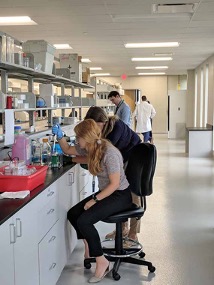

LECOM Medical students conducting summer research (left) and presenting research at LECOM Interprofessional Research Day (right).
The Latest Publications from Dr. Diana Speelman
PubMed-indexed Publications
Google Scholar-indexed Publications

